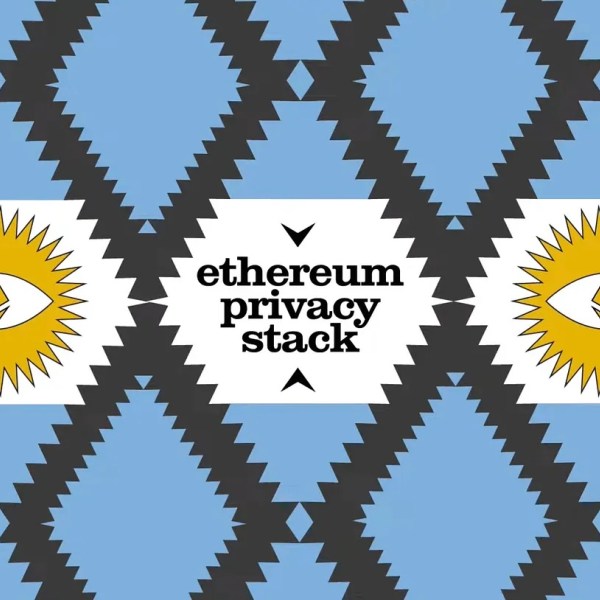How the Approval of Canary's American-Made Crypto ETF Could Spark a New Altcoin Bull Run
- Approval of Canary's MRCA ETF could trigger a 2025 altcoin bull run via institutional demand and regulatory clarity. - SEC's evolving stance, including staking guidance and in-kind mechanisms, supports MRCA's U.S.-focused altcoin index. - XRP, SOL, and ADA show technical strength, with potential $4-8B inflows from Grayscale XRP and 75% Solana ETF approval odds. - MRCA's cold storage and proof-of-stake staking align with institutional risk preferences but lacks FDIC-like protections. - If approved, MRCA c
The approval of the Canary American-Made Crypto ETF (MRCA) could mark a pivotal turning point for the U.S. altcoin market, catalyzing a bull run driven by institutional demand, regulatory clarity, and the growing legitimacy of digital assets. As the SEC continues to navigate its cautious yet evolving stance on crypto ETFs, the potential launch of MRCA—designed to track the Made-in-America Blockchain Index—offers a unique lens through which to analyze the interplay of institutional capital, regulatory momentum, and altcoin performance in 2025.
Institutional Demand: A Catalyst for Altcoin Liquidity
The surge in institutional interest in crypto ETFs has been one of the most transformative trends of 2025. According to CFRA's Thematic Research, crypto ETFs attracted $29.4 billion in inflows through August 11, 2025, with the iShares Bitcoin Trust (IBIT) alone delivering a 28.1% year-to-date return. This growth is underpinned by a regulatory environment that, while still cautious, has begun to provide clearer pathways for institutional participation.
The GENIUS Act and the advancing CLARITY Act have laid the groundwork for a more structured crypto market, while the SEC's recent approval of in-kind creation and redemption mechanisms has streamlined ETF operations. These developments have enabled institutions to allocate capital to digital assets with greater confidence, particularly in diversified products like MRCA, which focuses on U.S.-originated altcoins such as XRP, Solana (SOL), Cardano (ADA), and Chainlink (LINK).
Regulatory Trends: From Caution to Clarity
The SEC's regulatory approach has been a double-edged sword for crypto ETFs. While the agency has delayed approvals for products like the Canary PENGU ETF (pushed to October 12, 2025), it has also issued critical guidance that could accelerate the approval of MRCA. A staff statement on August 5, 2025, clarified that certain staking arrangements do not fall under securities laws, a move that directly benefits MRCA's staking strategy.
Moreover, the Strategic Bitcoin Reserve initiative and executive orders democratizing digital assets in retirement plans have signaled a broader acceptance of crypto as a mainstream asset class. These policies, combined with the SEC's recent focus on custody and staking protocols, suggest that the regulatory environment is shifting toward a framework that balances investor protection with innovation.
Altcoin Performance: Technical and Institutional Drivers
The performance of top U.S.-based altcoins in a post-ETF approval environment hinges on two key factors: technical momentum and institutional inflows.
- XRP (Ripple): XRP's price has broken out of a falling wedge pattern, supported by a bullish CMF and AO. If the Grayscale XRP ETF (expected to be approved alongside MRCA) gains traction, inflows of $4–8 billion could stabilize its price and validate its cross-border utility.
- Solana (SOL): SOL's symmetrical triangle breakout on the daily chart suggests a potential move to $171.41 by July 2025. With a 75% approval probability for Solana ETFs, institutional demand could push its price toward $218.63.
- Cardano (ADA): ADA's CMF nearing the zero line indicates accumulation, with a potential retest of $0.68 resistance. If successful, ADA could rally to $0.77 by July 2025.
The MRCA Effect: A Diversified Altcoin Play
The Canary American-Made Crypto ETF is uniquely positioned to capitalize on this convergence of factors. By focusing on U.S.-created altcoins with strong fundamentals (e.g., XRP's cross-border payment utility, SOL's high-performance blockchain, and ADA's smart contract scalability), MRCA offers investors a diversified exposure to the next generation of digital assets.
The fund's structure—storing most assets in cold storage and staking proof-of-stake holdings—aligns with institutional risk management preferences. Additionally, its exclusion of stablecoins and memecoins ensures a focus on tokens with real-world use cases, a critical factor in attracting long-term capital.
Investment Implications and Risks
For investors, the approval of MRCA could serve as a re-rating catalyst for altcoins, similar to the Bitcoin and Ethereum ETF approvals in 2024. However, the risks remain significant:
- Volatility: Altcoins like XRP and SOL are prone to sharp price swings, even with ETF-driven inflows.
- Regulatory Uncertainty: The SEC's final decision on MRCA (expected in October 2025) could delay market entry.
- Custody and Staking Risks: While MRCA's cold storage and staking strategies mitigate some risks, the lack of federal insurance (e.g., FDIC) means losses are possible.
Conclusion: A New Chapter for Altcoins
The Canary American-Made Crypto ETF represents more than just a product—it is a symbol of the U.S. crypto market's maturation. If approved, it could unlock $10–15 billion in institutional capital for altcoins, driving a bull run that extends beyond Bitcoin and Ethereum. For investors willing to navigate the risks, this could be a once-in-a-decade opportunity to participate in the next phase of the digital asset revolution.
As the SEC's October 2025 deadline looms, the market will be watching closely. The outcome could redefine the role of altcoins in institutional portfolios—and reshape the future of crypto investing.
Disclaimer: The content of this article solely reflects the author's opinion and does not represent the platform in any capacity. This article is not intended to serve as a reference for making investment decisions.
You may also like
Infighting, scandals, and a stock price plunge: What can DAT rely on to survive?

Price predictions 11/28: BTC, ETH, XRP, BNB, SOL, DOGE, ADA, HYPE, BCH, LINK

Ethereum Privacy’s HTTPS Moment: From Defensive Tool to Default Infrastructure
A summary of the "Holistic Reconstruction of Privacy Paradigms" based on dozens of speeches and discussions from the "Ethereum Privacy Stack" event at Devconnect ARG 2025.
